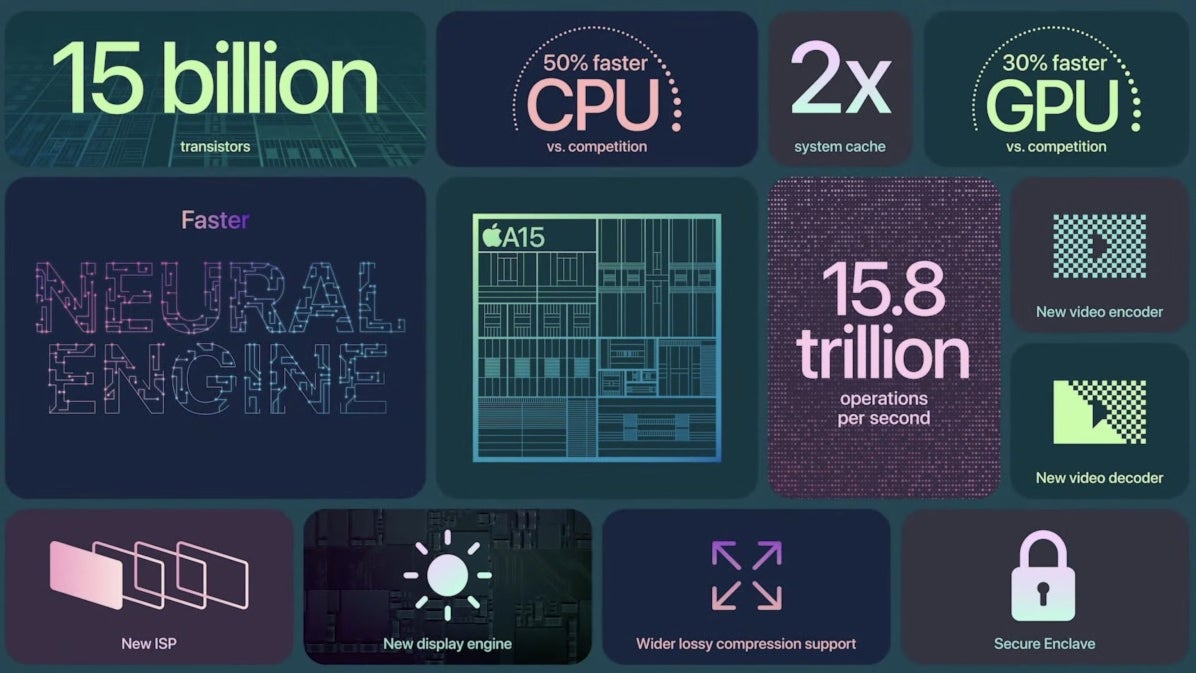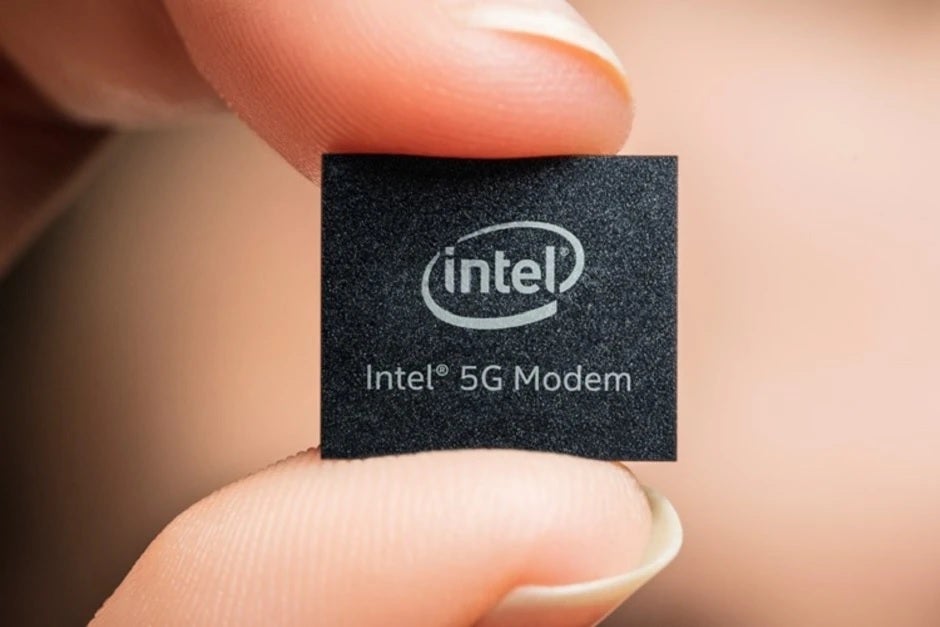Apple plans on designing more home-grown chips including 5G chips for the iPhone

Apple designs its own chips, which is nothing new. It designs the A-series chipsets for the iPhone and iPad, and the M1, M1 Pro, and M1 Max for the iPad Pro and the Macs. And in 2023, Apple is expected to use a 5G modem chip on the iPhone that it designed itself. Toward that end, it spent $1 billion in 2019 to buy most of Intel's smartphone modem chip business.
Apple depends on TSMC to manufacture the chips it designs
Currently, all chips designed by Apple are manufactured by Taiwan Semiconductor Manufacturing Company (TSMC), the world's largest contract foundry. TSMC is also expected to build Apple's 5G modem chip. Next up after that will be the Wi-Fi chip that is currently produced by Broadcom and Skyworks Solutions. According to Bloomberg, Apple is planning on opening a new office in Southern California that it will fill with dozens of engineers that it currently is looking to hire through help wanted ads.

Apple bought some of Intel's 5G smartphone modem business
The report says that Apple would open its office in Irvine, the city where Broadcom and Skyworks Solutions already have offices. Job listings posted by Apple reveal that the tech giant wants employees with experience in modem chips and other types of wireless semiconductors. Apple's strategy is to build satellite offices in certain cities known as being a hotbed for certain technologies and fill it with employees who might not want to work in Cupertino.
Apple also is looking to design more of its own components to protect the company from having to worry about restrictions that could be placed on its suppliers. The only downside to this is that since Apple doesn't have the facilities to manufacture its own chips, it still has a huge dependence on TSMC. This could backfire if China gets aggressive and seeks to take over Taiwan.
The possibility of Apple designing its own Wi-Fi chips had Wall Street buzzing as investors dumped Skyworks to the tune of an 8.5% or $13.55 decline. Broadcom declined 3% or $19.18, and Qualcomm slid 5.9% or $11.13. Apple also took a hit as its shares dropped 3.9% or $7.04.
Apple is still trying to get its employees to return safely to company offices. Thanks to the latest wave of COVID, Apple has canned its most recent plan to bring employees back to their respective offices on February 1st. Once Apple feels that it is safe to return, engineers will be working on radio-frequency integrated circuits (RFIC), wireless radios, chips to connect an iPhone to Wi-Fi and Bluetooth, and wireless system-on-a-chip (SoC).
Apple is trying to end its dependence on certain suppliers
Forgetting Apple's growing dependence on TSMC, the company is looking to lessen its dependence on Qualcomm for 5G modem chips, and both Broadcom and Skyworks for Wi-Fi and Bluetooth chips. Besides the iPhone, iPad, and Macs, Apple's AirPods and the Apple Watch (both are part of Apple's wearables group) include custom parts allowing the devices to pair with other Apple products.
In addition, handsets from the iPhone 11 up include Apple's U1 ultra-wideband chips that help reveal the precise location of these devices and tracking products like the AirTag. One of Apple's job listings says "Apple's growing wireless silicon development team is developing the next generation of wireless silicon!" Another ad states that employees will
be at the center of a wireless SoC design group with a critical impact on getting Apple's state-of-the-art wireless connectivity solutions into hundreds of millions of products."
be at the center of a wireless SoC design group with a critical impact on getting Apple's state-of-the-art wireless connectivity solutions into hundreds of millions of products."
Apple and its iPhone help deliver huge sums of money to chipmakers. Apple and Broadcom have a deal for wireless components that started in early 2020 and runs through 2023. This $15 billion supply agreement accounts for 20% of Broadcom's sales on an annual basis. Another company that Apple could poach workers from in Irvine is NXP Semiconductors, the firm that sells its near-field-communications (NFC) chips to Apple for the iPhone.
Apple's chip design team is highly valued in the industry and has helped it build devices with some custom features.
Follow us on Google News













Things that are NOT allowed:
To help keep our community safe and free from spam, we apply temporary limits to newly created accounts: